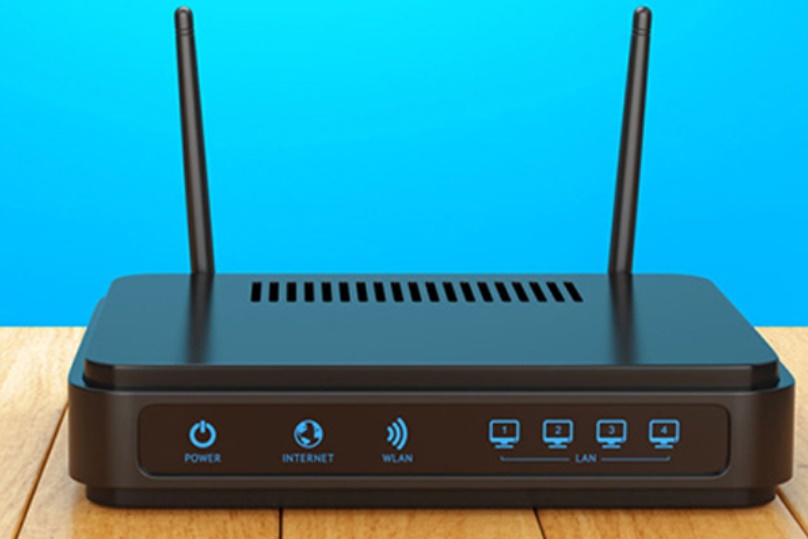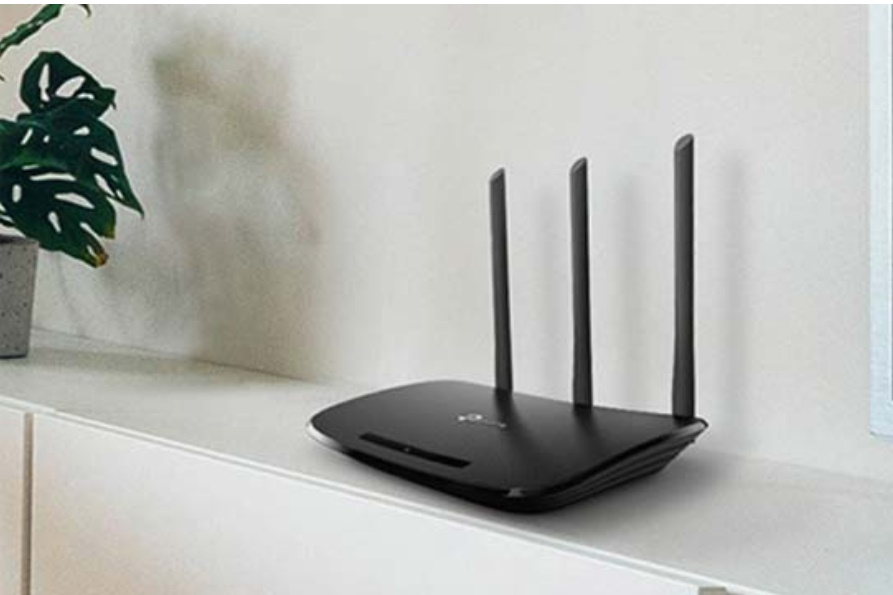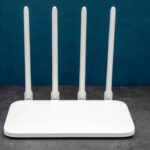Adjust the Placement of Your Router
A common limitation among Wi-Fi routers is their relatively short range, with signals being blocked by walls, metal objects, or confined spaces. To enhance your network signal, place your router in a well-ventilated area near the center of your home, free from obstructions.
Keep Metal Objects Away from the Router
As mentioned earlier, Wi-Fi routers are susceptible to interference from metal objects. This is because Wi-Fi signals are essentially electromagnetic waves. To ensure uninterrupted Wi-Fi signals, keep metal items such as clocks, keys, and cutlery at a safe distance from your router.

Wi-Fi Router
Avoid Using Your Internet Service Provider’s Router
Typically, routers provided by ISPs have lower power output (operating at 2.4 GHz) and slower speeds. Therefore, even if you subscribe to a high-speed plan, a low-power router can result in an unstable connection. To address this, consider purchasing a router with a power output suitable for your plan’s bandwidth.
Adjust Your Router’s Antennae
For routers with two antennae, position them perpendicular to each other. This means having one antenna vertical and the other horizontal, resulting in a stronger and wider signal coverage. If you want the Wi-Fi signal to be stronger in a specific direction, point both antennae in that direction.
For routers with a single antenna, it is best to keep it vertical.

Keep the Router Away from Other Electronic Devices
Placing the router close to electronic devices like refrigerators, microwaves, or induction cooktops can cause frequency interference, leading to an unstable connection and network speed. Additionally, the magnetic field of a television can weaken the Wi-Fi signal.
Change Your Wi-Fi Name and Password
An unstable and weak Wi-Fi connection could be a result of unauthorized access or password sharing. Changing your Wi-Fi name and password regularly is an easy way to prevent “freeloaders” and improve your Wi-Fi performance.
Source: Khoevadep





































